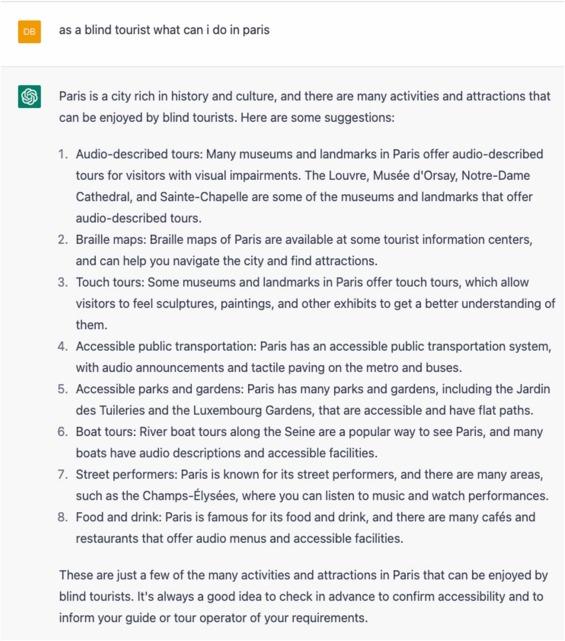In the midst of escalating criticism within the Congress Party over its recent cross-party stance, senior leader Shashi Tharoor invoked a historic remark by India’s first Prime Minister, Jawaharlal Nehru, to emphasize national unity. Responding to backlash from party colleagues, Tharoor quoted Nehru’s poignant question, “Who lives if India dies,” underscoring the imperative of prioritizing the country’s interests above partisan politics. This statement arrives at a crucial juncture as the Congress seeks to navigate internal dissent while staking its position on pressing national issues.
Shashi Tharoor Invokes Nehru’s Vision Amidst Congress Criticism Over Cross-Party Position
Congress leader Shashi Tharoor recently addressed the growing criticism from within his party regarding his cross-party positions. Drawing inspiration from India’s first Prime Minister, Jawaharlal Nehru, Tharoor invoked Nehru’s timeless vision with the powerful quote, “Who lives if India dies?” Emphasizing that allegiance to the nation transcends party lines, he urged his critics to embrace a broader perspective focusing on the country’s collective future rather than narrow partisan interests. Tharoor stressed that constructive collaboration across political divides is not a betrayal but a necessity in today’s complex political landscape.
Highlighting his stance, Tharoor listed key principles that guide his approach:
- National Unity: Prioritizing India’s well-being above party politics.
- Democratic Dialogue: Engaging across party lines to foster consensus.
- Progressive Reform: Advocating policies driven by merit, not partisanship.
This perspective is increasingly relevant as political dynamics evolve, compelling leaders to reconsider traditional boundaries. Tharoor’s position underscores a shift within the Congress ranks, reflecting an urgency to reconcile internal differences while addressing national challenges effectively.
| Aspect | Tharoor’s Stand | Party Criticism |
|---|---|---|
| Cross-Party Collaboration | Essential for national progress | Seen as compromising party unity |
| Focus on Policy | Merit-based and inclusive | Concerns over ideological dilution |
| Legacy of Nehru | Guiding principle | Mixed interpretations within ranks |
Analyzing the Political Backlash Faced by Congress in Upholding National Unity
In the wake of the Congress party’s recent cross-party stance aimed at reinforcing India’s unity, the backlash has sparked intense debate across political circles. Shashi Tharoor’s invocation of Jawaharlal Nehru’s poignant quote, “Who lives if India dies,” underscores the party’s foundational commitment to national cohesion amid rising polarization. Critics argue this move exposes Congress to accusations of political opportunism, while supporters laud it as a necessary reaffirmation of democratic values. The friction highlights ongoing tensions between ideological loyalty and pragmatic governance in India’s evolving political landscape.
The backlash can be dissected through several lenses:
- Political Rivalry: Opposition parties question Congress’s motives, framing the cross-party unity effort as a strategic ploy rather than sincere patriotism.
- Media Narratives: Coverage amplifies polarized opinions, framing the issue as a tug-of-war between nationalism and dissent.
- Public Perception: Voter response remains divided, reflecting broader societal cleavages on identity and governance.
- Historical Legacy: Nehru’s quote serves both as a rallying cry for Congress loyalists and a benchmark against which critics measure the party’s consistency.
| Aspect | Supporters’ View | Critics’ View |
|---|---|---|
| Intent | Protecting national integrity | Political posturing |
| Impact | Fosters unity | Deepens divisions |
| Legacy Tie-in | Aligned with Nehruvian ideals | Inconsistent with current actions |
Expert Recommendations for Congress to Navigate Internal Dissent While Promoting Inclusive Politics
To effectively manage internal dissent, Congress leaders are urged to foster transparent dialogue and embrace diverse viewpoints within the party framework. Experts emphasize the need for structured debate platforms where differing opinions can coexist without undermining party unity. This approach not only encourages democratic participation but also fortifies the party’s ideological coherence in an increasingly polarized political landscape. Recognizing internal disagreements as a strength rather than a liability enables the Congress to present a more resilient and adaptive front.
Promoting inclusive politics requires deliberate action beyond conflict resolution. Specialists recommend adopting grassroots engagement strategies that bring members and voters from varied social, economic, and regional backgrounds into the policymaking process. Such inclusiveness nurtures trust and loyalty, strengthening the party’s appeal across demographic lines. The table below highlights key strategies Congress can implement to balance dissent and inclusivity effectively:
| Strategy | Description | Expected Outcome |
|---|---|---|
| Open Forums | Regular platforms for ideological exchange among members | Enhanced transparency and unity |
| Inclusive Candidate Selection | Representation across caste, gender, and region | Broader electoral appeal |
| Decentralized Decision-Making | Empowering state and local units | Swift conflict resolution and grassroots support |
Final Thoughts
As the Congress party navigates a challenging political landscape marked by internal dissent and external criticism, Shashi Tharoor’s invocation of Jawaharlal Nehru’s poignant words, “Who lives if India dies,” serves as a powerful reminder of the stakes involved. In reaffirming the need for a united, principled stand beyond partisan lines, Tharoor highlights the enduring legacy of national interest over narrow political gains. How the Congress balances this legacy with contemporary realities will be closely watched as the party seeks to redefine its role in India’s evolving democracy.




